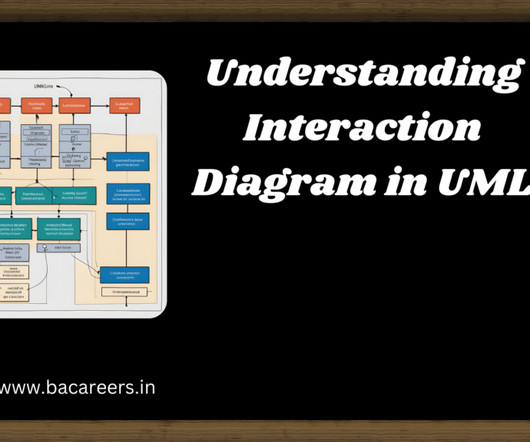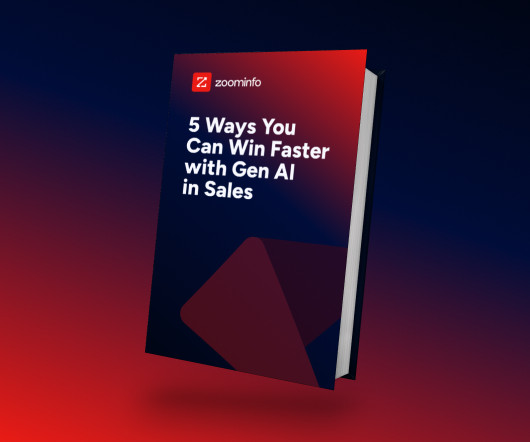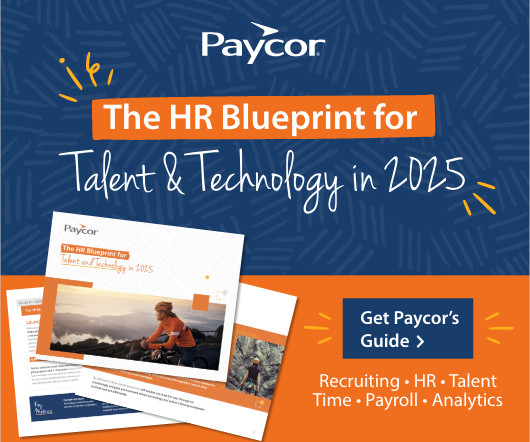Mastering Business Analysis: 7 Strategies for Effective Internal Best Practices Sharing in Teams
BA Times
JULY 3, 2024
Effective transmission of internal best practices within a business analysis team is crucial for fostering consistency, efficiency, and continuous improvement. As business analysts navigate complex projects and evolving client needs, harnessing collective knowledge and refining methodologies can significantly enhance outcomes. Here are some essential tips and approaches to facilitate this process: Document and Standardize Processes: […] The post Mastering Business Analysis: 7 Strategies fo





















Let's personalize your content